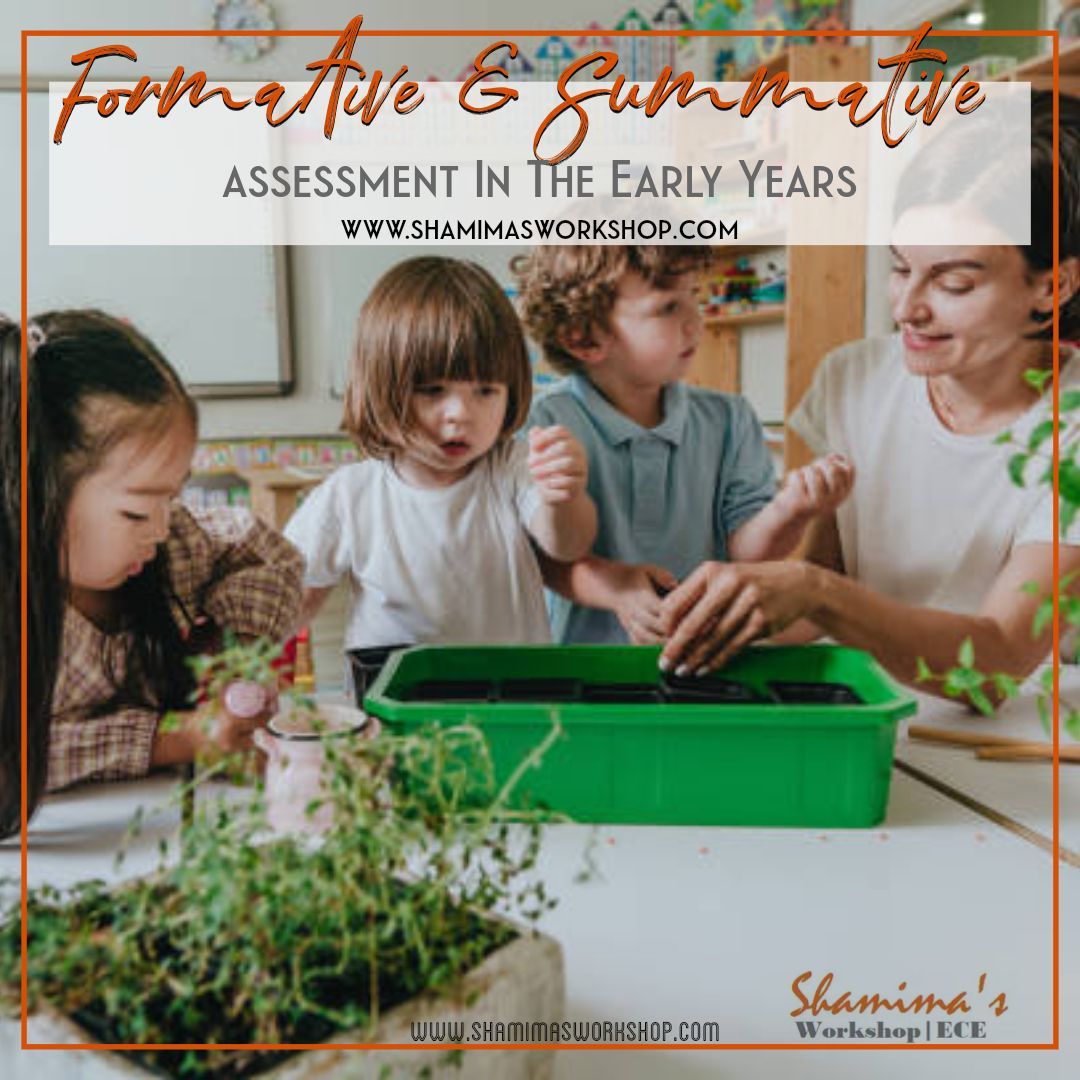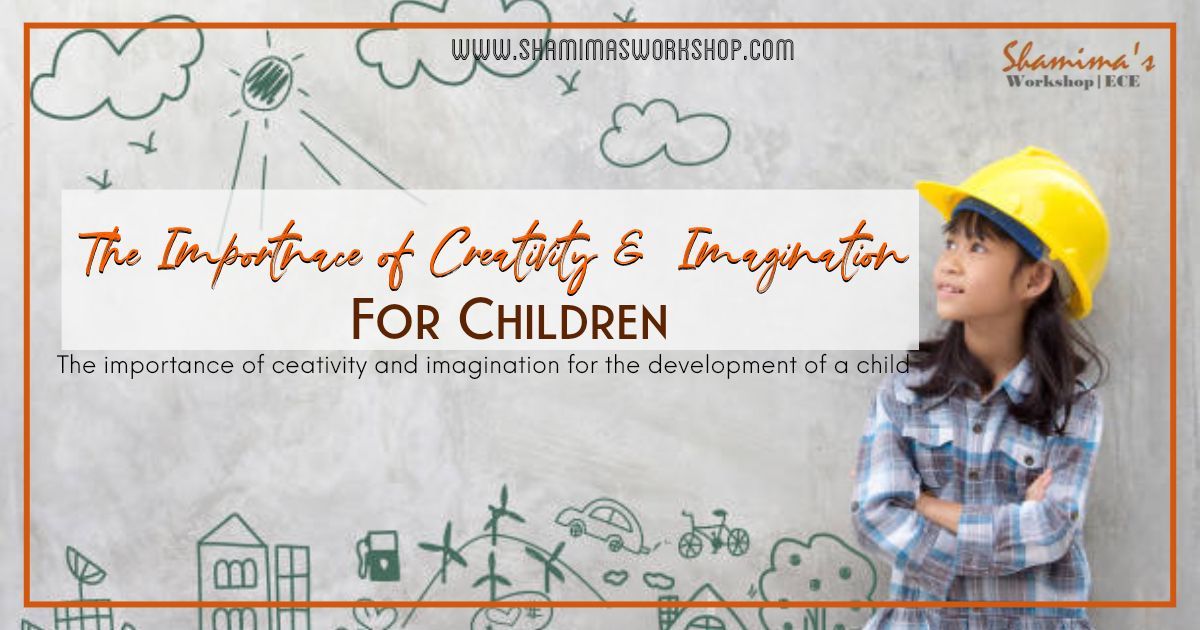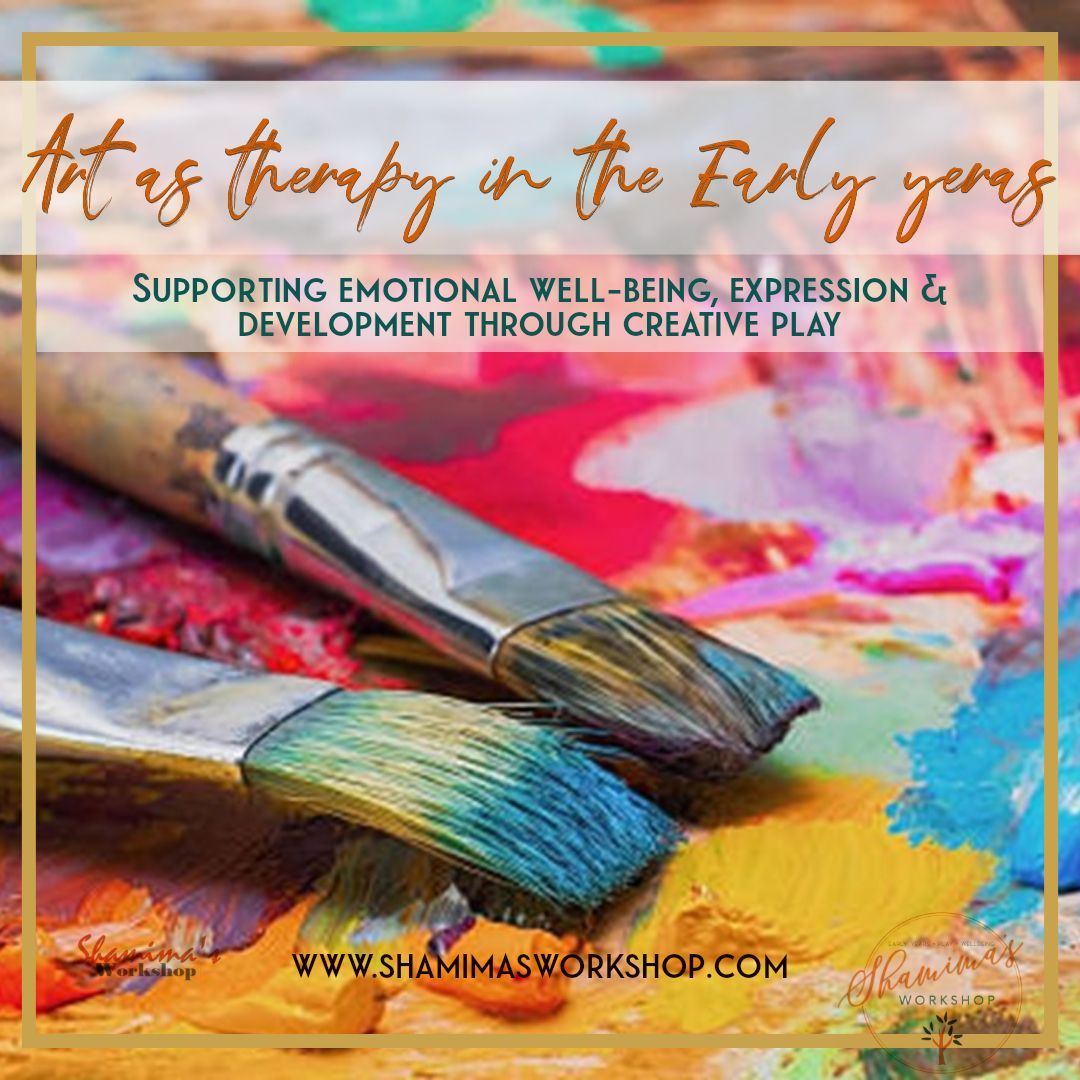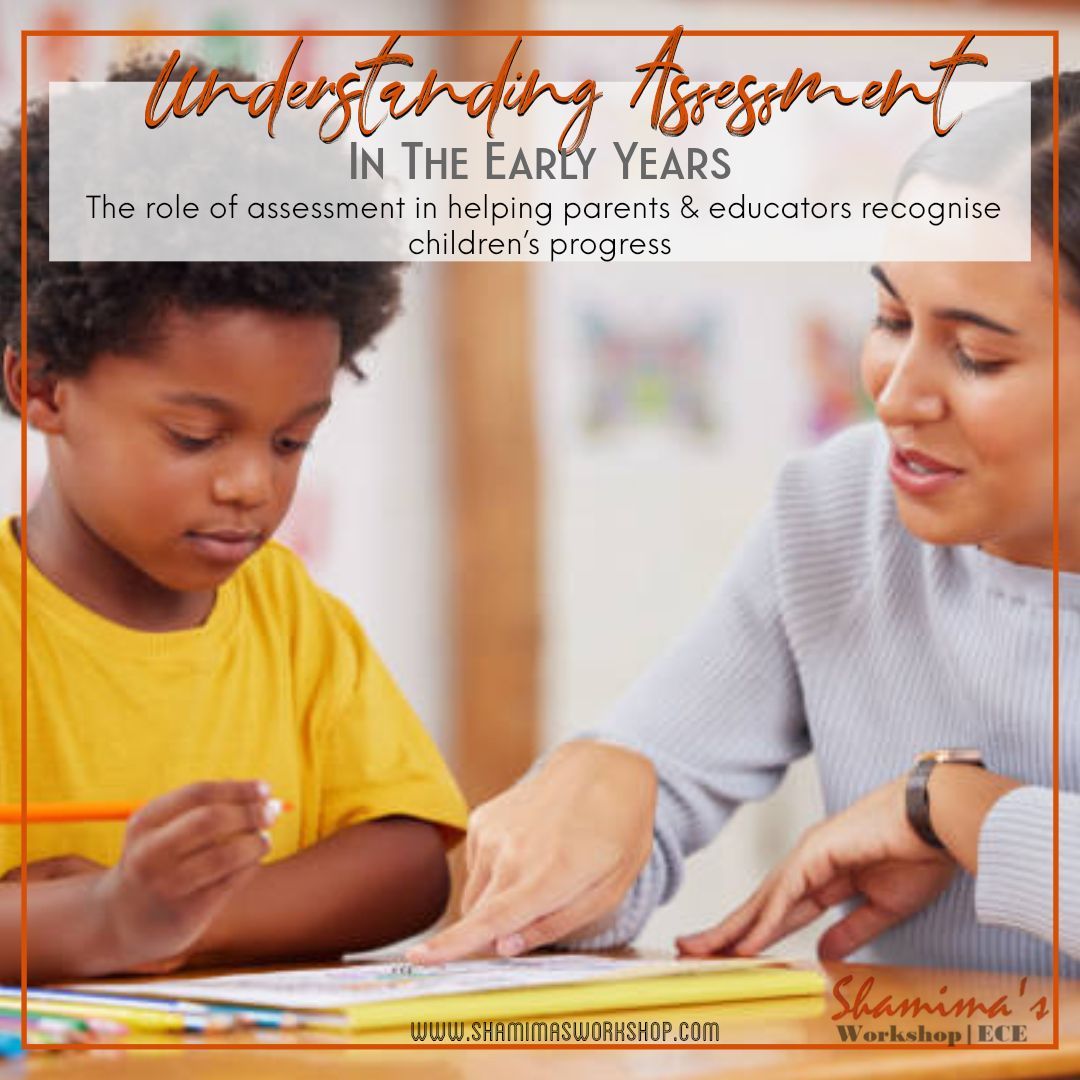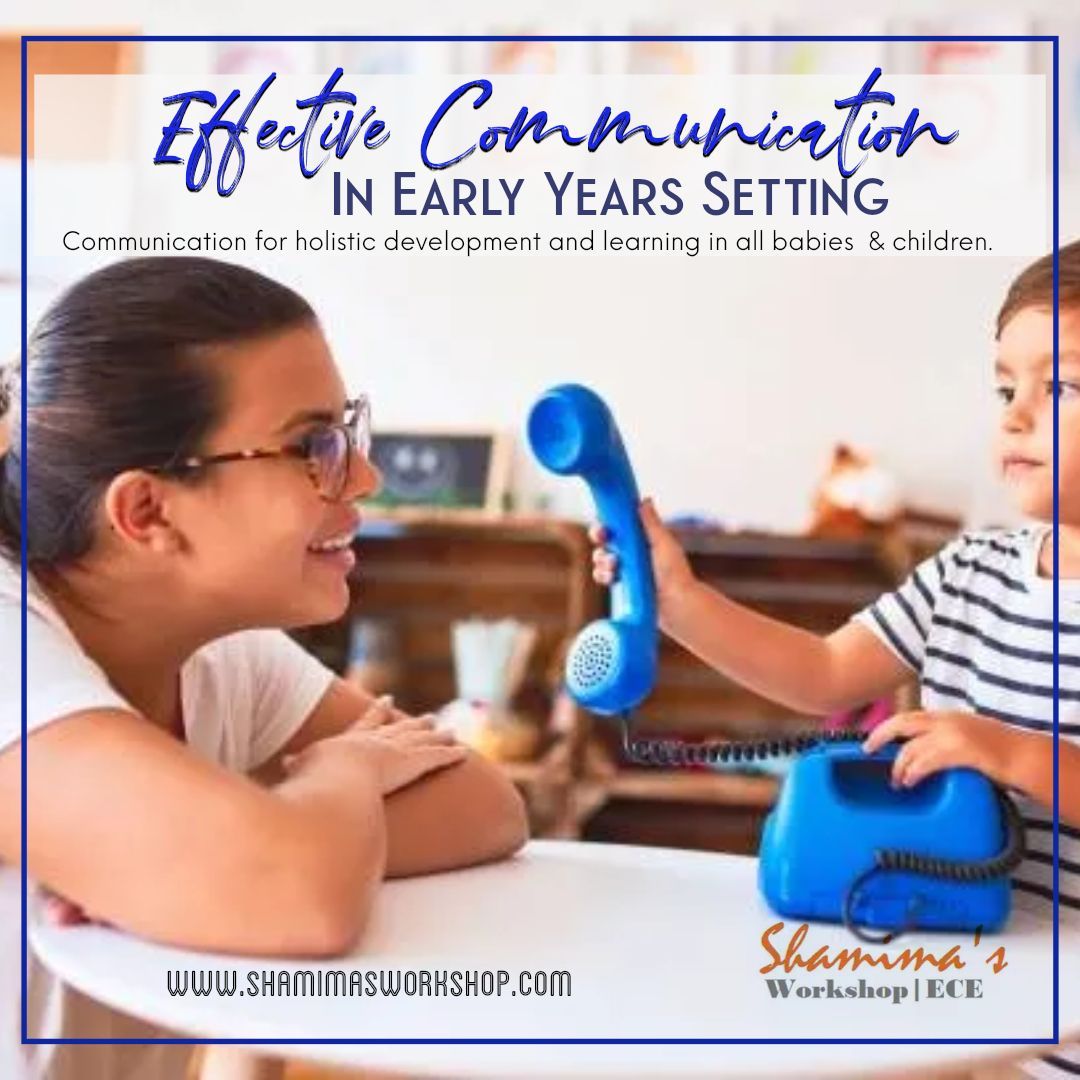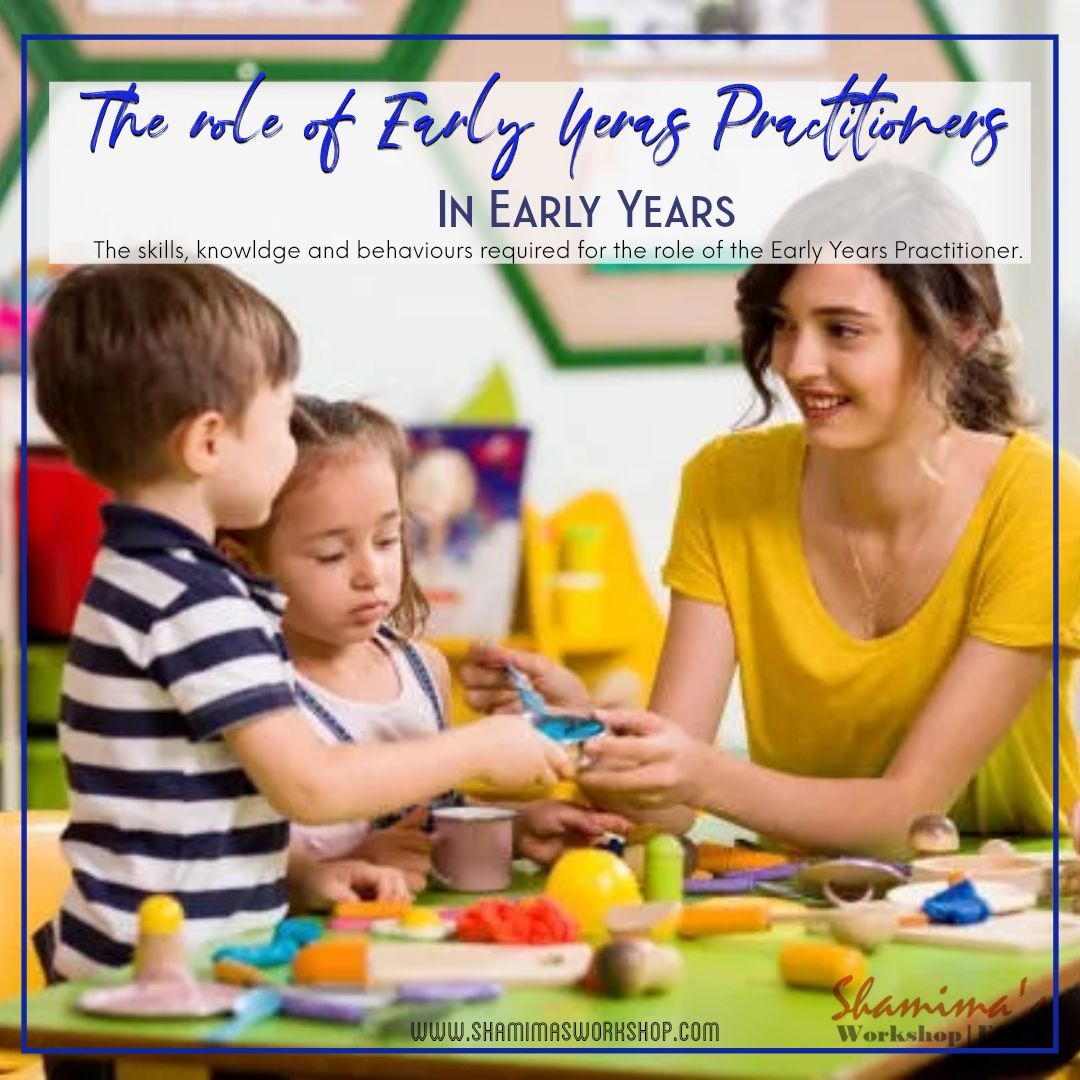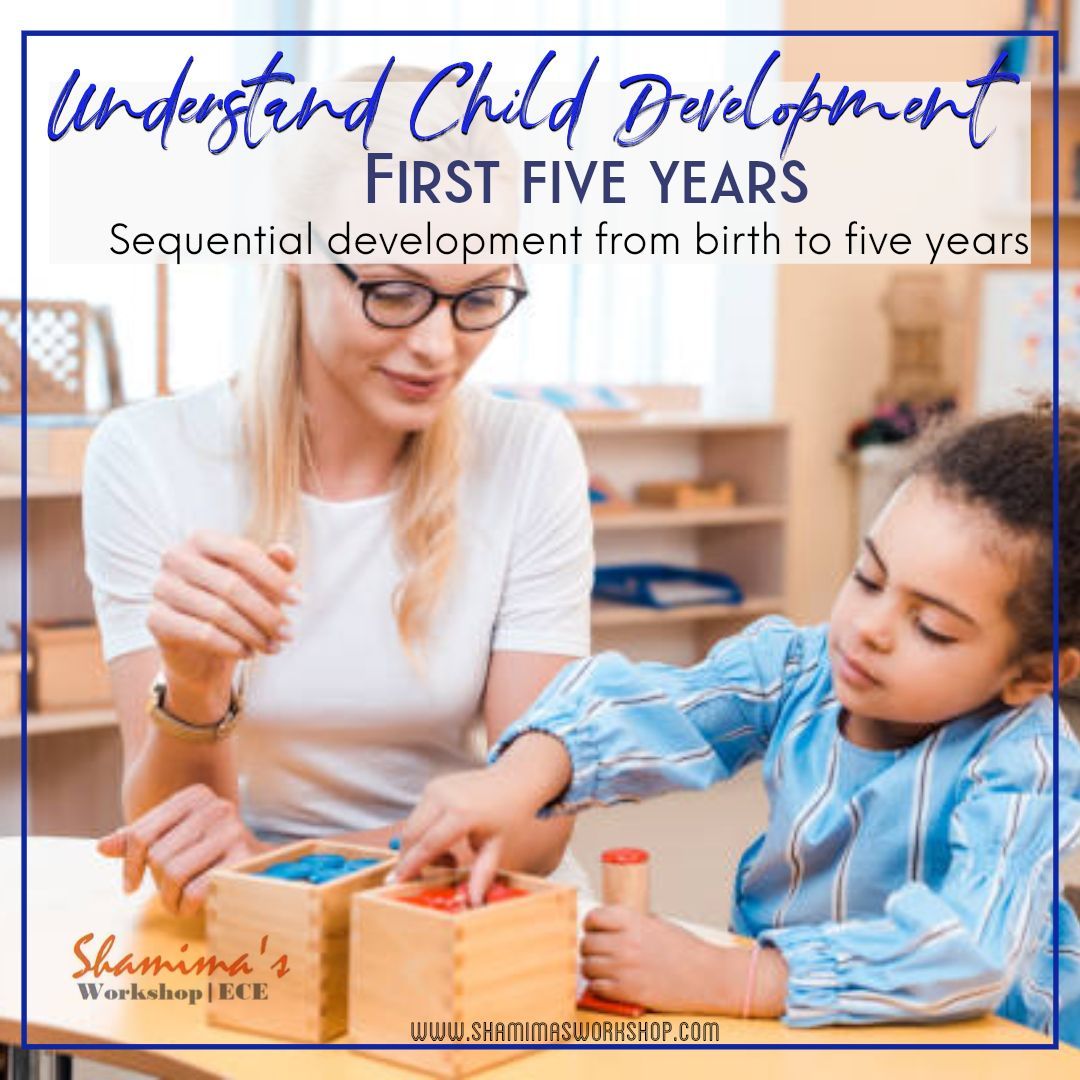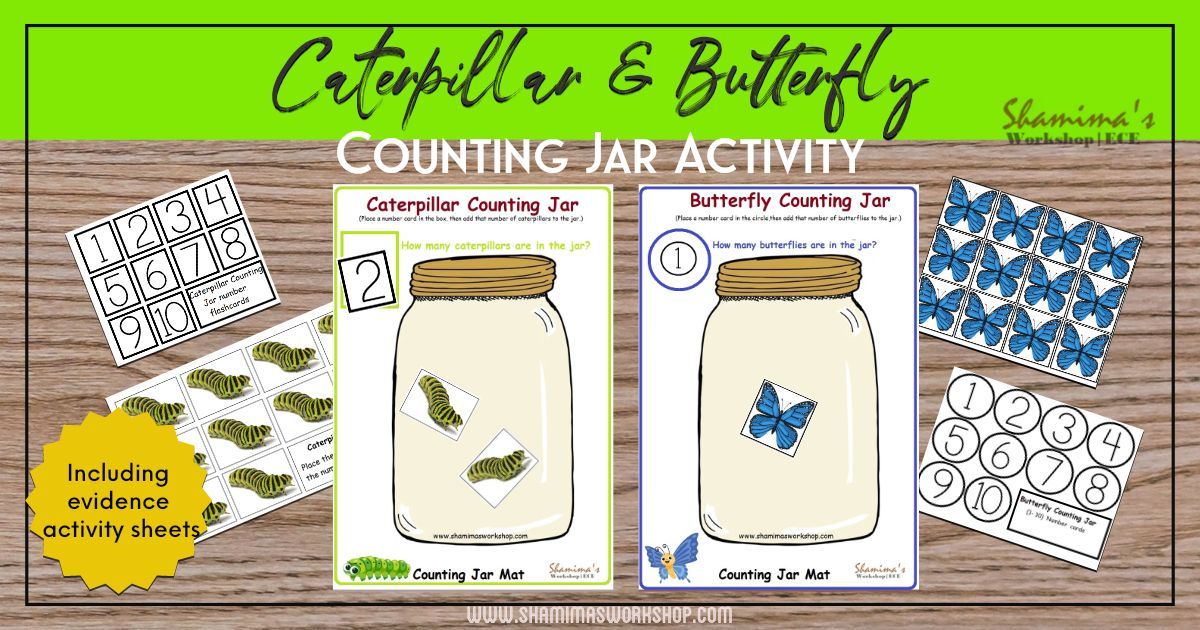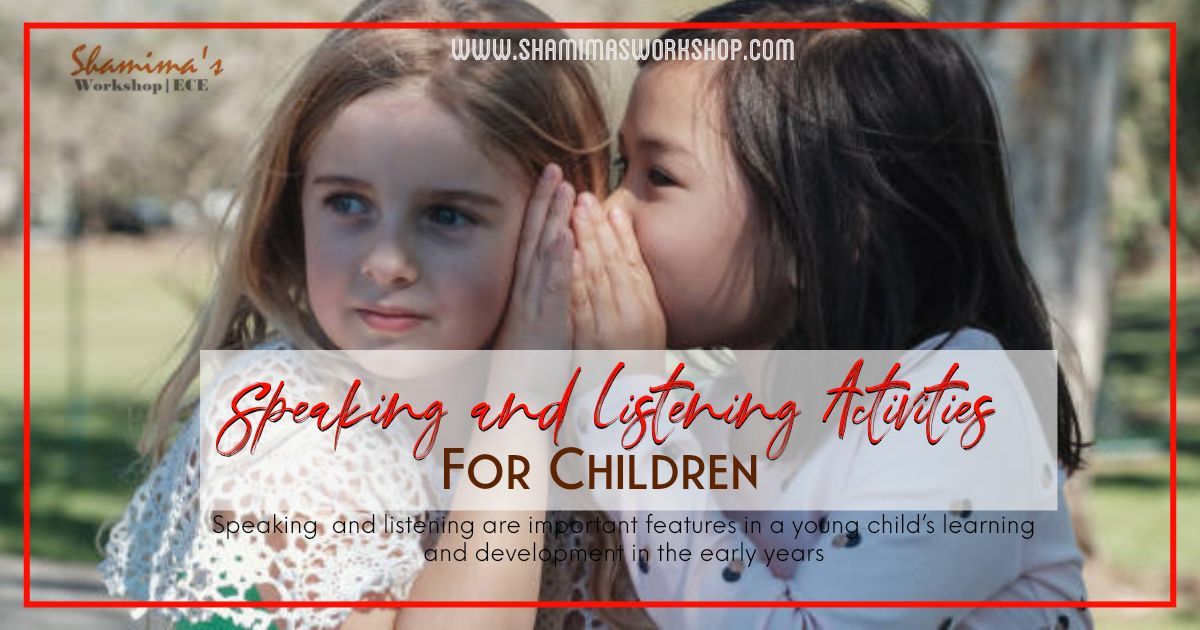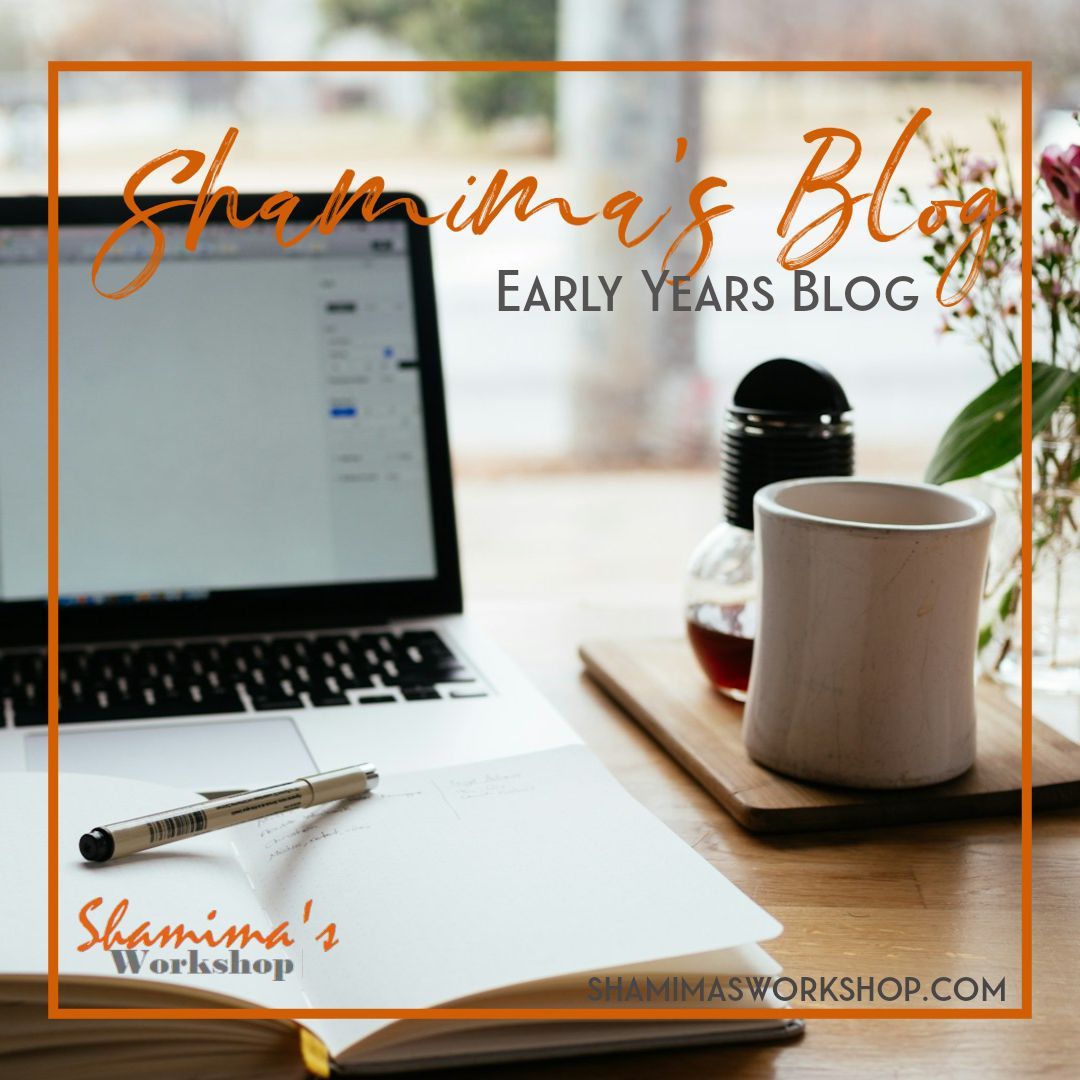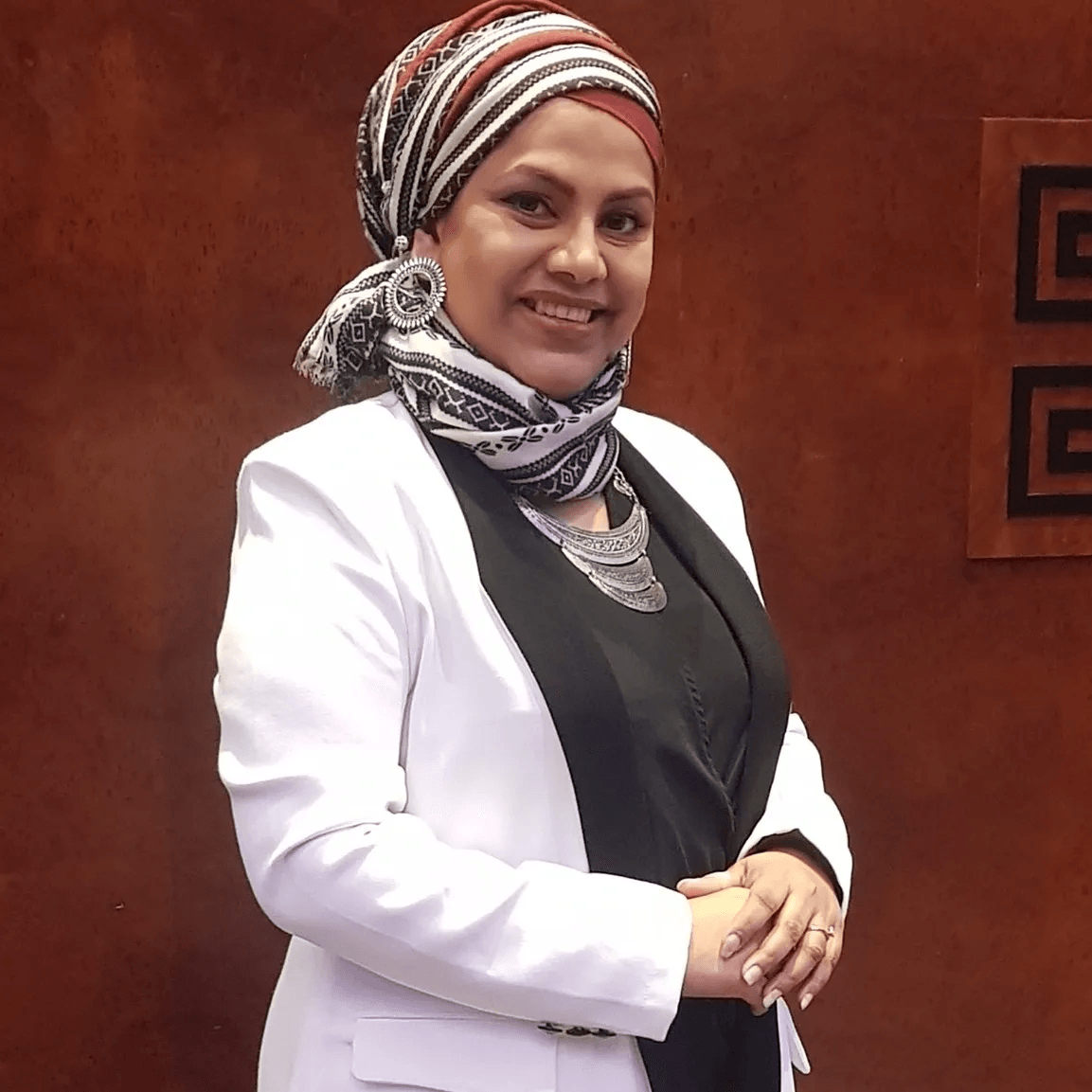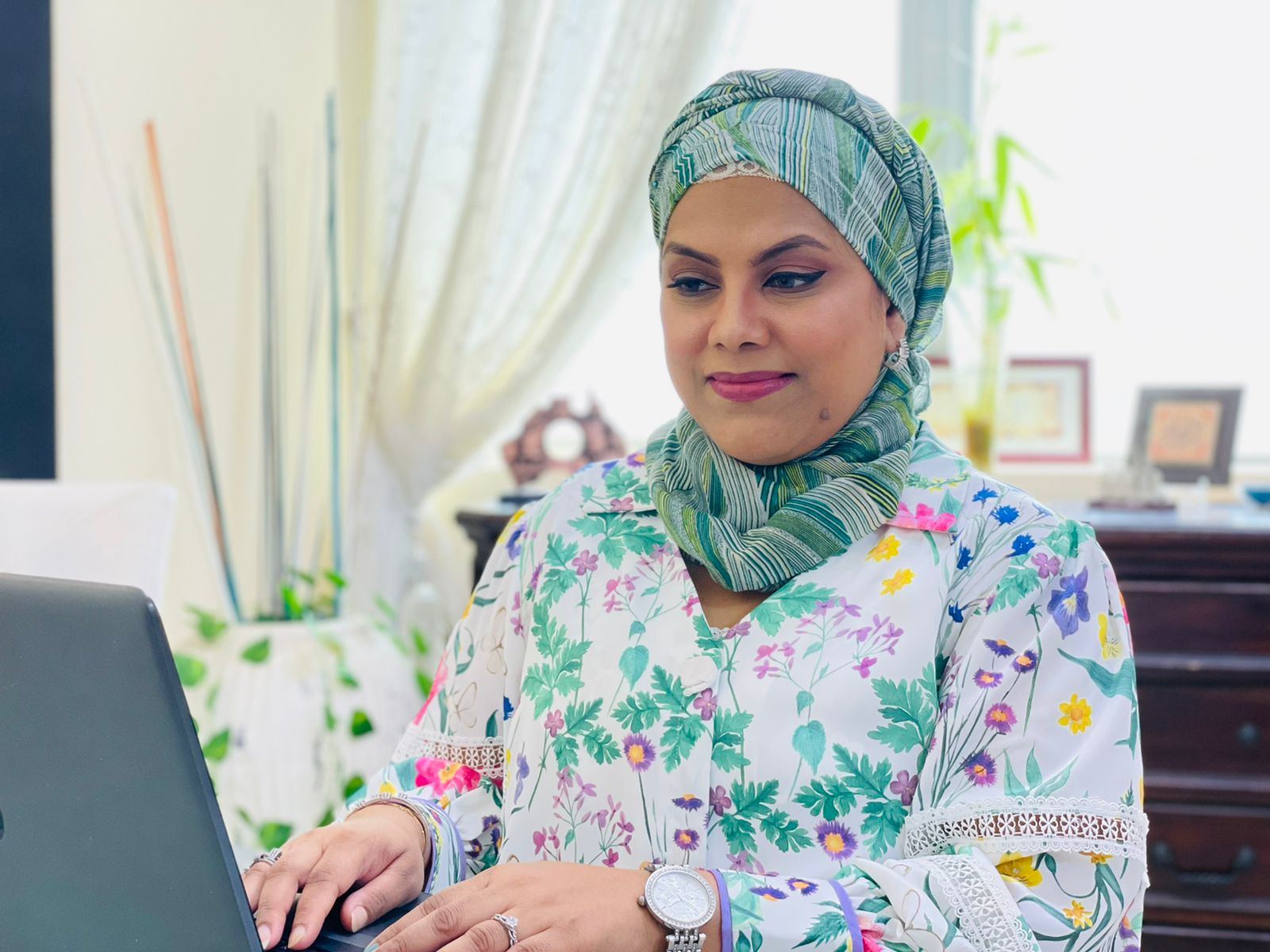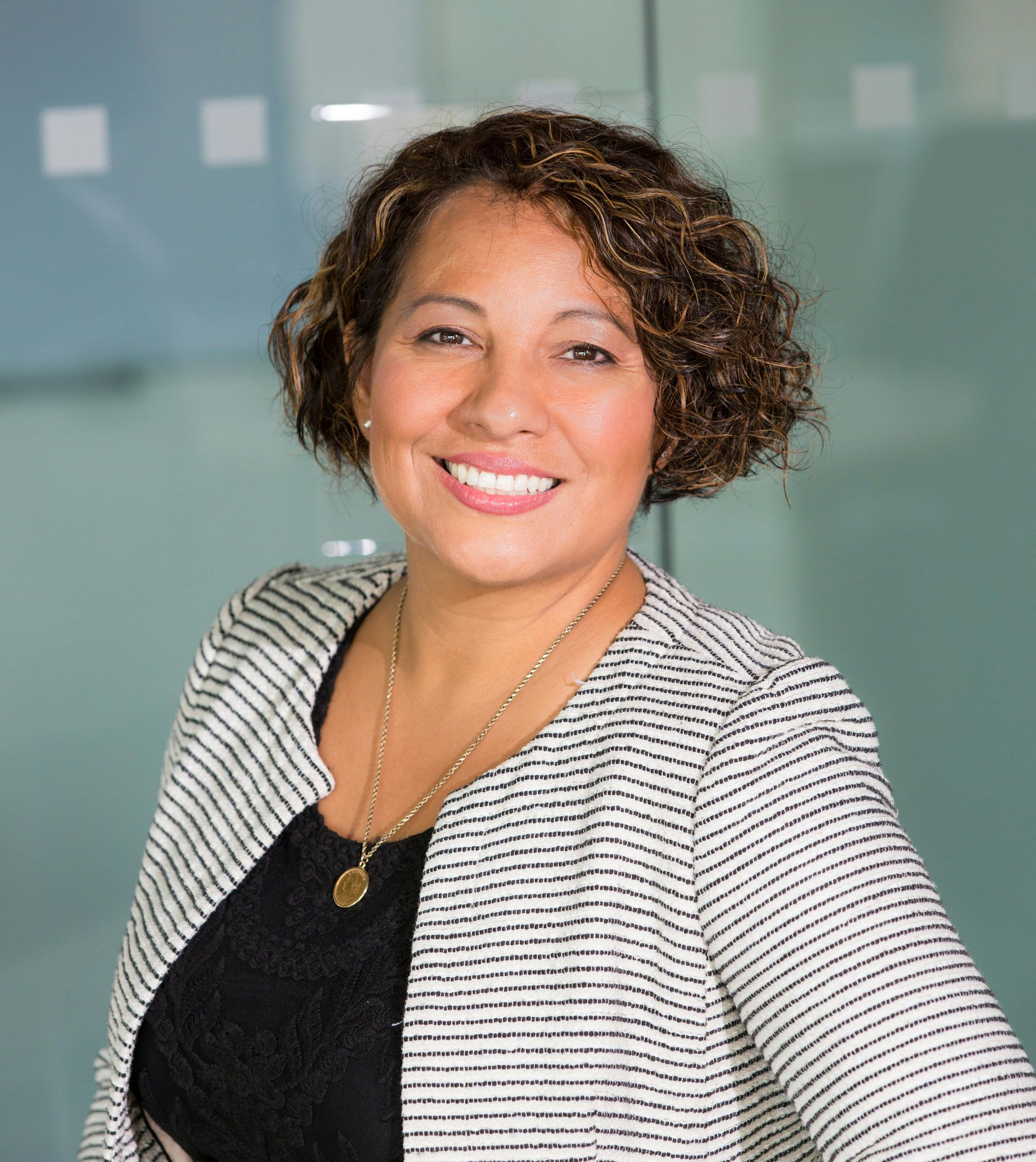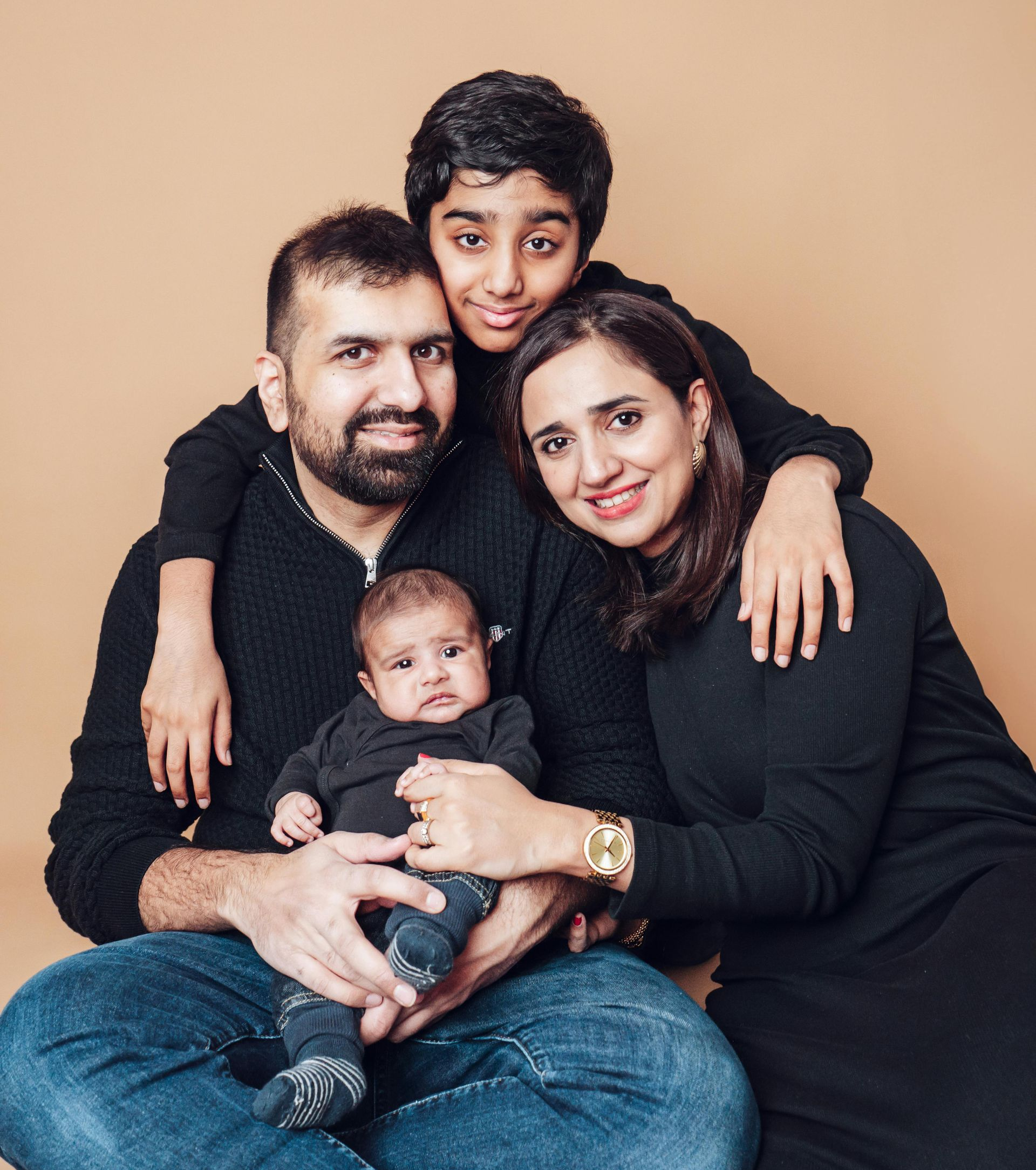by Shamima's Workshop Early Childhood Education
•
22 April 2025
As an early childhood practitioner, you will frequently come across the term "assessment". Assessment is part of early years practitioners' day-to-day interactions with children. In the early years, assessment is the process of gathering information about a child, analyzing that information, and then using the information to arrange educational activities that are at the level of the child and also benefit the child. EYP continually makes judgments about children's learning and development and uses the information they gather to help children to progress. Children, too, make judgments about what they are good at, what they enjoy doing, what they can do now with little help, and what they would like to be able to do in the future. “ Assessment plays an important part in helping parents, carers and practitioners to recognise children’s progress, understand their needs, and to plan activities and support. “ EYFS Framework 2024, section 2.1, page 19 The most common types of assessment are formative and summative. As a preschool teacher, you might be familiar with these terms but still need clarification about how they work.
